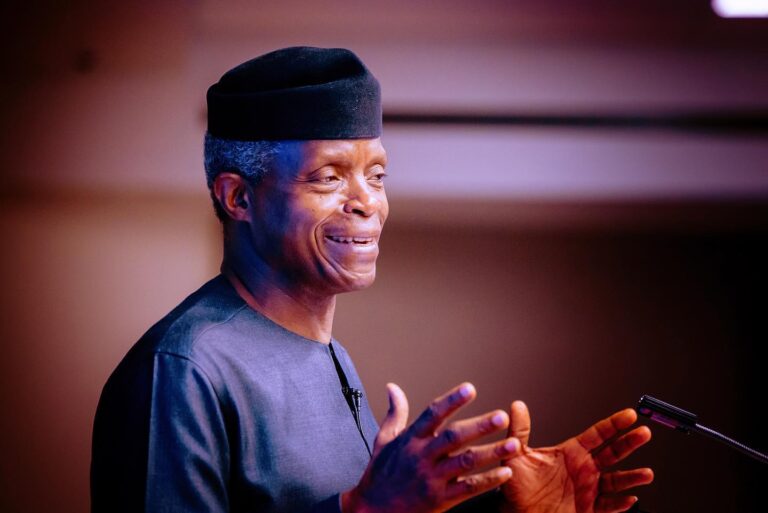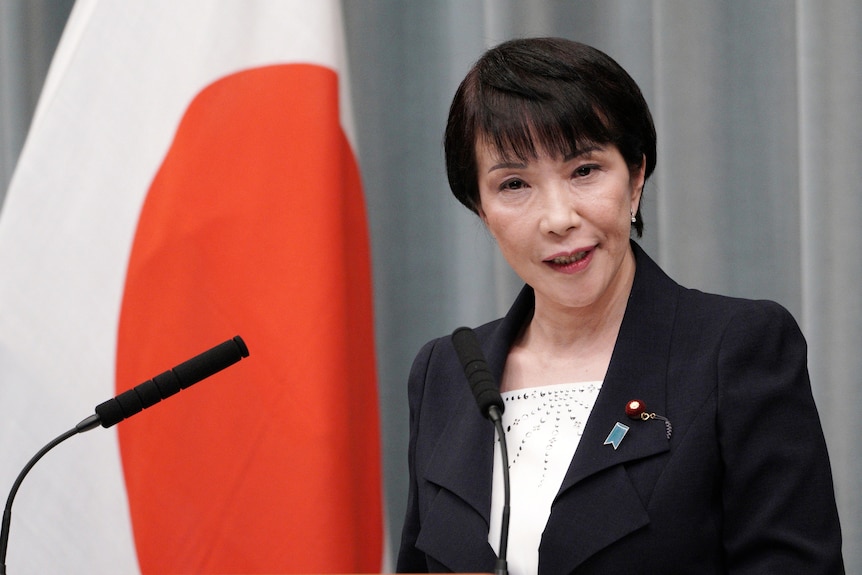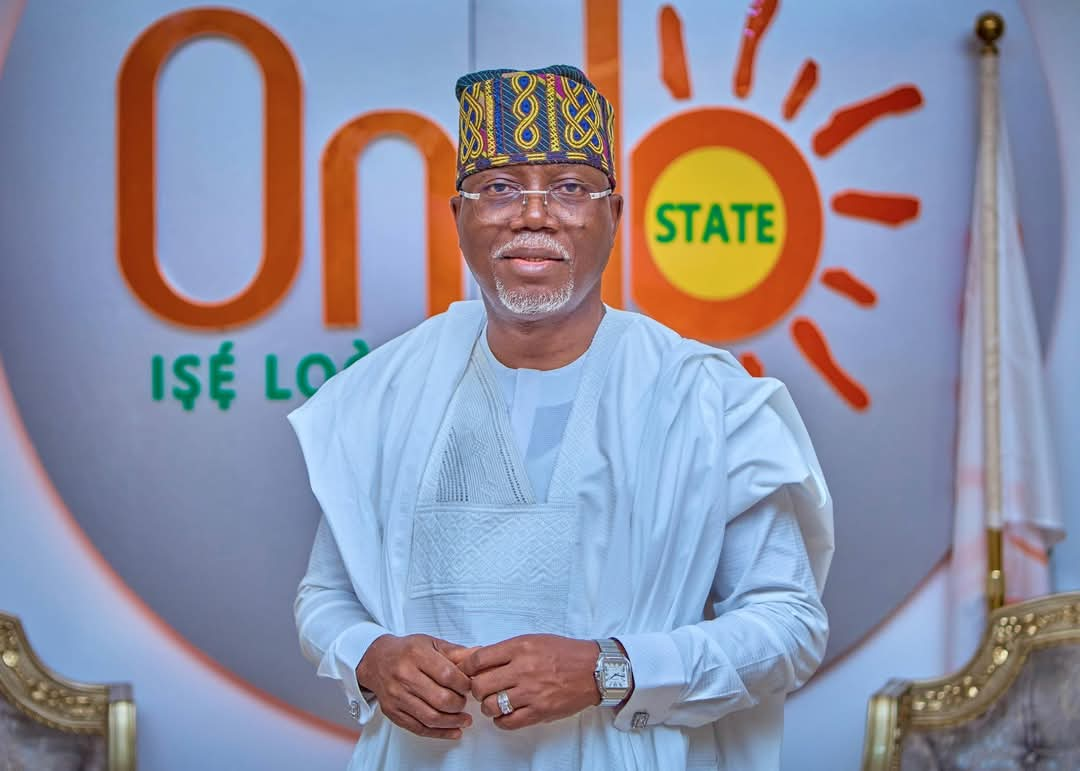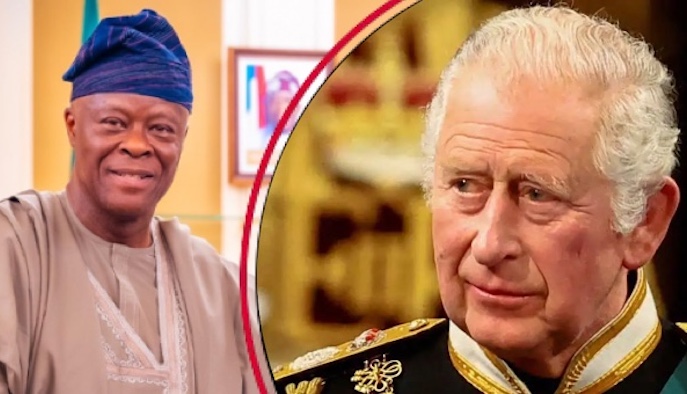Former Vice President, Professor Yemi Osinbajo calls for deep reforms in Nigeria’s justice system, accusing the Supreme Court of inconsistency and rigidity.
Former Vice President of Nigeria, Professor Yemi Osinbajo, has criticized the Supreme Court for prioritizing technicalities over justice, urging a complete overhaul of the country’s judicial system.
Speaking at the second Professor Yusuf Ali Annual Lecture in Ilorin, Kwara State, on October 9, 2025, Osinbajo said the judiciary’s continued dependence on outdated colonial-era procedures has weakened public trust and undermined the pursuit of justice.
Addressing an audience at Kwara State University (KWASU), the law professor argued that the Nigerian justice system has become “more about form than substance.” He noted that while English courts have evolved to emphasize fairness over technicalities, Nigeria’s courts remain constrained by procedural rigidity.
“Many judicial decisions, including those of the Supreme Court, often lean towards form rather than substance,” Osinbajo said. “Even the English system we inherited has moved on, allowing amendments at any stage to ensure justice is served.”
Read Also: CJN: Nigeria’s Judiciary Faces Huge AI, Cybersecurity Challenge
He warned that the judiciary’s failure to modernize risks eroding its relevance. “A justice system that glorifies form over substance risks losing its effectiveness,” he said, calling for “critical, decolonized thinking” to reform legal education and practice in Nigeria.
Echoing Osinbajo’s remarks, Professor Chidi Odinkalu (SAN), a human rights advocate and former head of Nigeria’s National Human Rights Commission, delivered the keynote lecture titled “Towards Decolonizing Legal Briefs.” He argued that Nigeria’s judiciary remains tethered to its colonial origins and must be reimagined to reflect the nation’s social realities.
“We need to dismantle the colonial legacies embedded in our laws and institutions to reflect our own aspirations,” Odinkalu said.
The event, hosted by Senior Advocate of Nigeria Professor Yusuf Ali, also featured contributions from KWASU Vice Chancellor Professor Jimoh Shaykh-Luqman, who announced the near completion of new facilities for the Faculty of Law, including a 500-seat auditorium.
Ali, meanwhile, lamented Nigeria’s persistent divisions, observing that “the only time Nigerians truly unite is during football matches.” He urged national reflection on the structural problems hindering progress.
Osinbajo’s comments have reignited debate about the state of Nigeria’s justice system, with many observers viewing his remarks as a timely call for institutional reform in a country still grappling with the legacy of its colonial-era legal framework.










